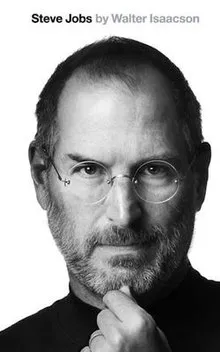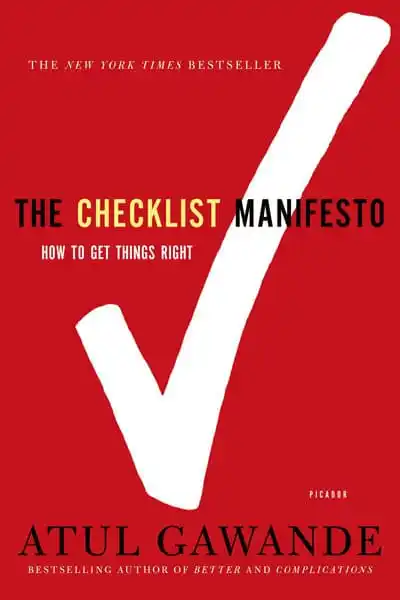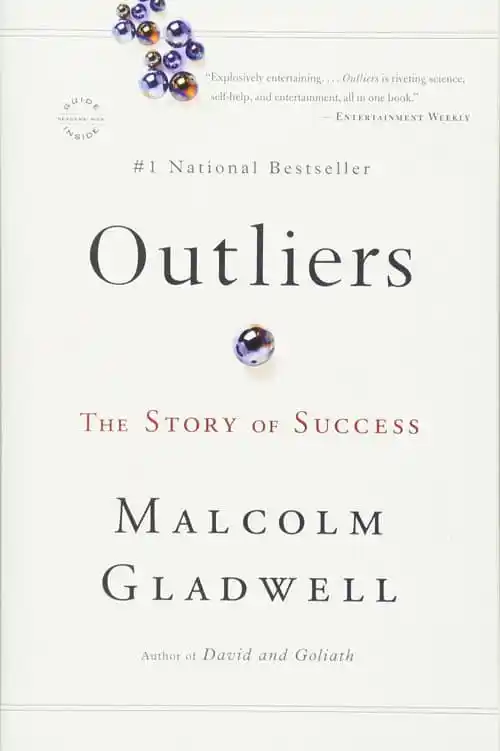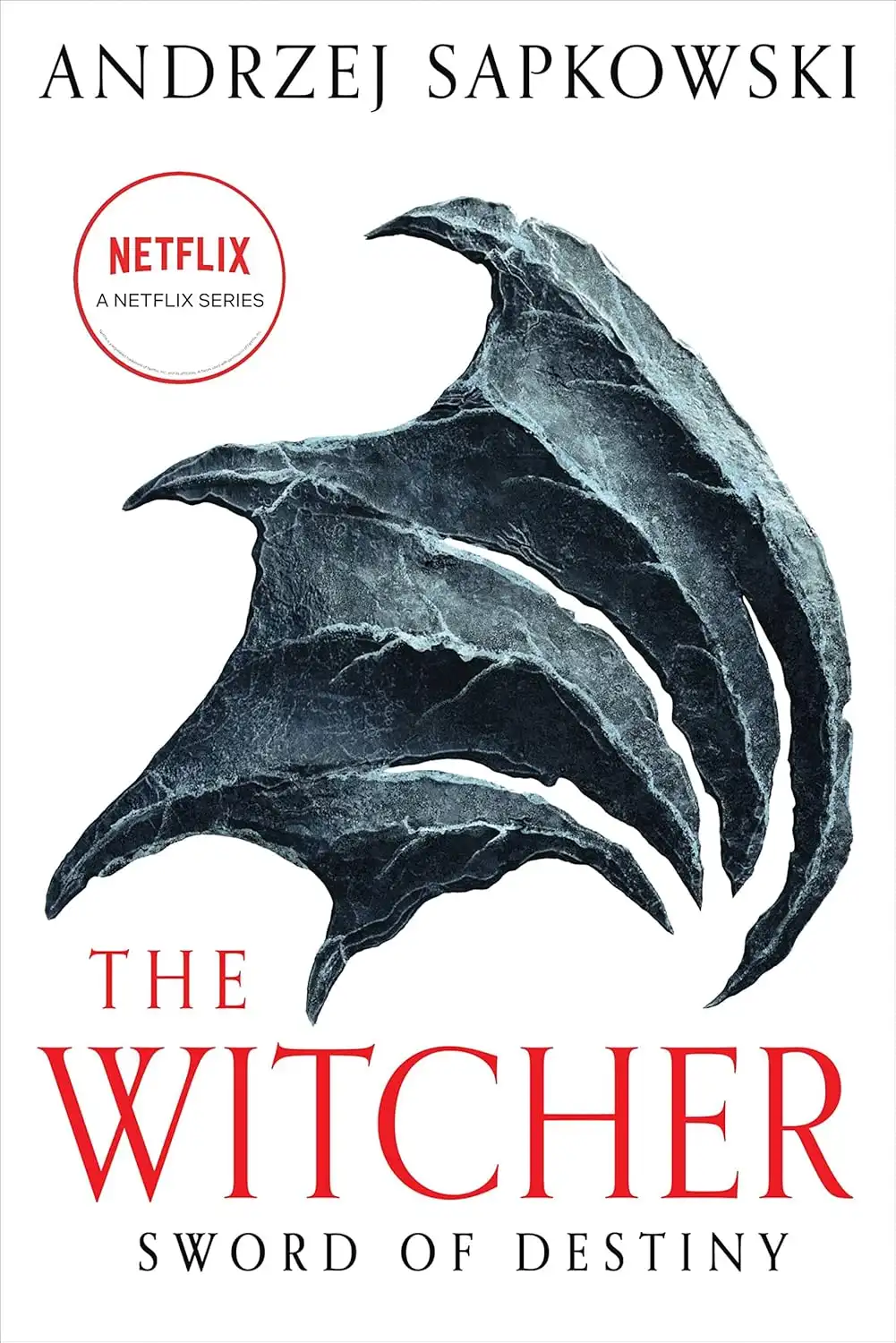“Steve Jobs: “The best way to predict the future is to invent it.” — Walter Isaacson
There is no introduction to Steve Jobs. You can like him or not, criticize or praise him if you want, but the only thing you can’t do is ignore him*, and the way he (and the companies he brought to success), changed the world. Published only a few days after his death in October 2011, I recently got rather inspired reading his biography by Walter Isaacson. Here are some interesting insights I got from reading the book.
What is "Steve Jobs" about?
From his beginnings in business and tech as a teenager with Steve Wozniak to becoming a multi-billionaire, Steve Jobs’ life was rather… eventful. Building Apple before being ousted from the company, abandoning his first daughter Lisa, launching Next, buying Pixar, and finally making his way back to his first and beloved company […] and the story goes on until his death in October 2011. Interestingly enough, Walter Isaacson portrays with a magnificent narrative every major (but also many minors) event of the life of the father of the iPhone. Buy Steve Jobs.
Making a dent in the Universe
When we see the success of some individuals, it’s easy to imagine that they were made for following this path, as if it was their destiny. And to some extent that might be true. Yet, Steve Jobs’ life certainly didn’t start on the most promising road: abandoned as a child to be adopted by a couple of school dropouts, lost (as we all were) as a teenager and young adult on “the right path to follow”…. only to try and seek some answers by consuming LSD and other illicit drugs.
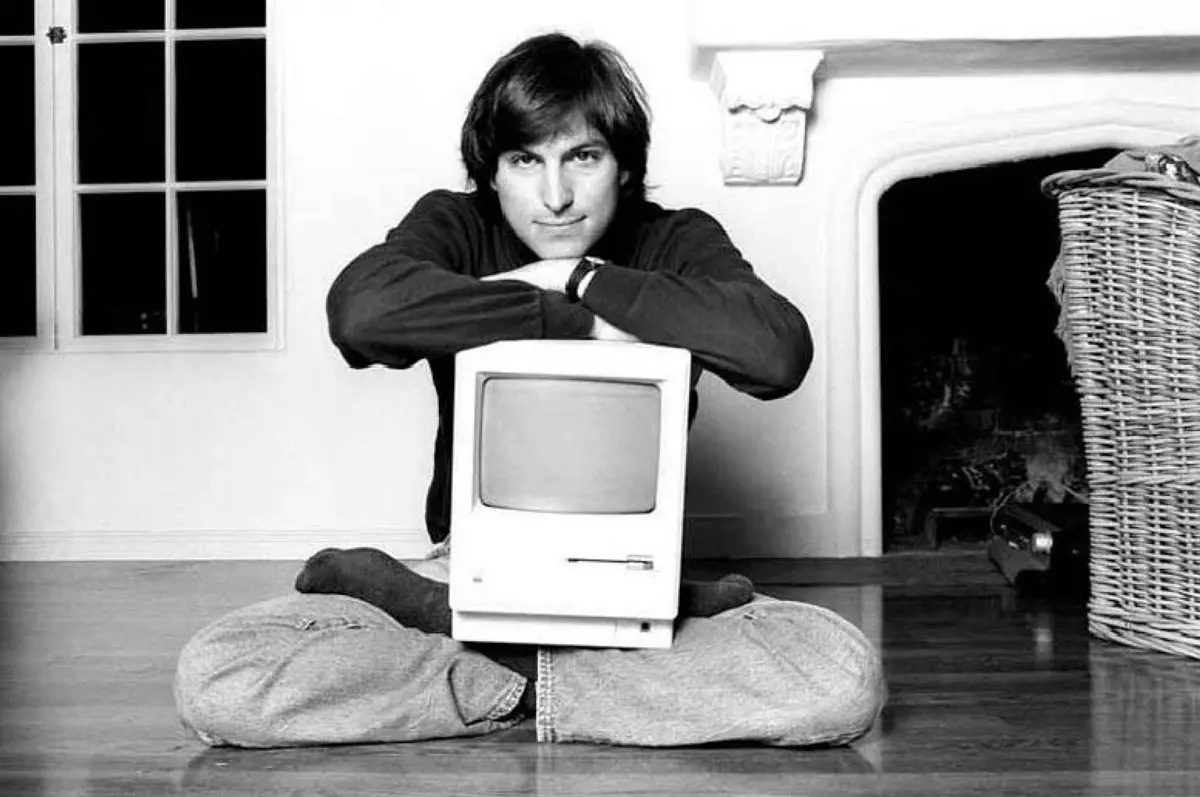
Steeve Jobs posing in front of a camera with one of the first Macintosh
But, despite all of that, Steve Jobs believed that he was special. Desperately passionate by the intersection of art and technology, he advanced in life with the modest goal of changing the world, of making a dent in the universe. And, as a result? I believe he quite did it.
“We’re here to put a dent in the universe. Otherwise why else even be here?” ― Steve Jobs
The intersection between being a jerk and a genius
Now Steve Jobs was far from being perfect. In fact, in most of his life, he was rather a jerk, with pretty much everyone. He achieved perfection with his companies because for him there was no middle ground: someone was either a genius or a bozo, something was either perfect or shit. And he never feared saying it out loud, whether to its own employees or to CEOs from other big companies like SONY, Microsoft, XEROX. Disney, etc.
“Intuition is a very powerful thing, more powerful than intellect, in my opinion.” ― Walter Isaacson, Steve Jobs
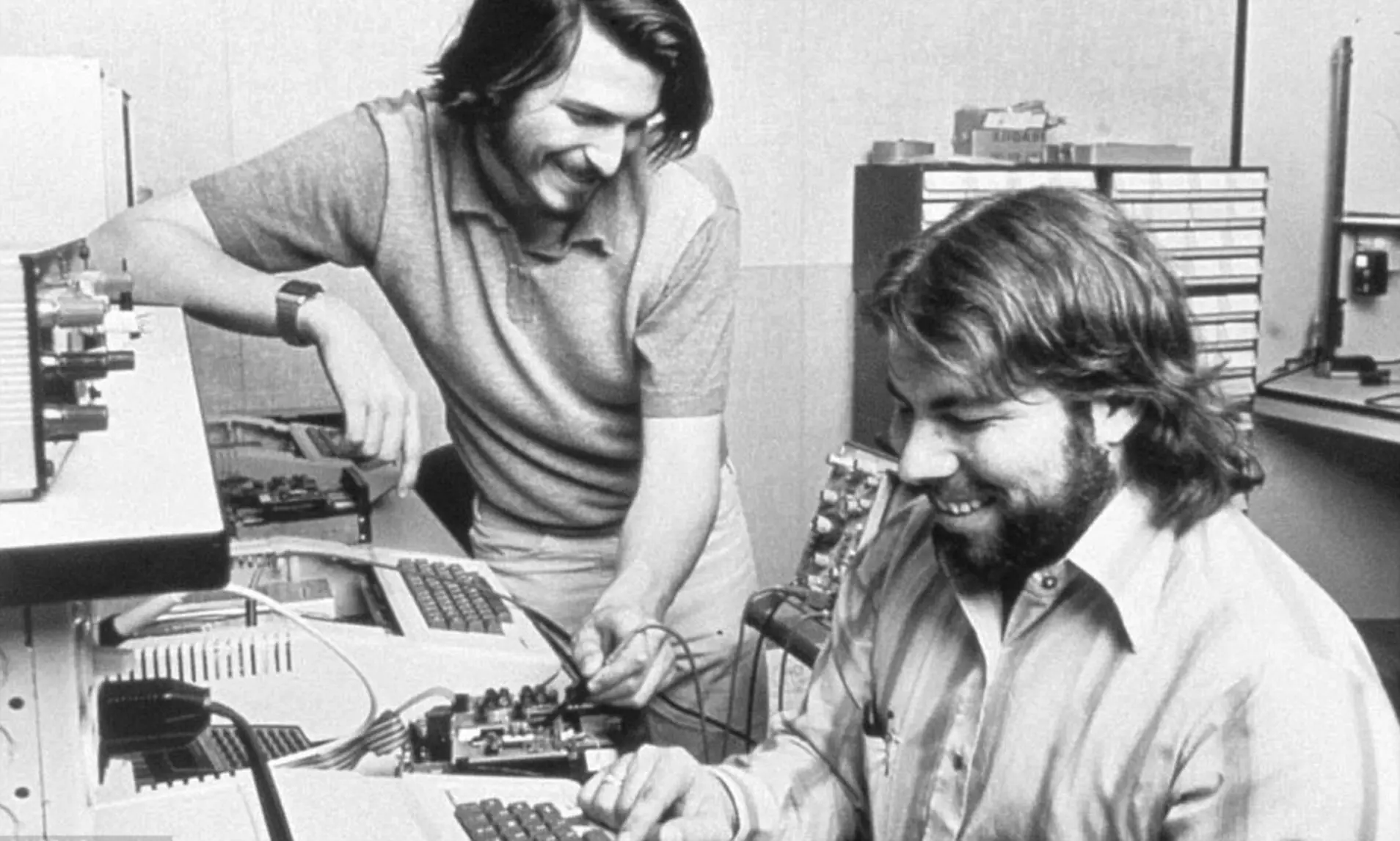
Steve Jobs and Steve Wozniak in the early days at Apple
Steve Jobs wasn’t particularly good with technology himself, by no means was he cleverer than Bill Gates (despite thinking so) or other great entrepreneurs of his age. Instead, he was a Genius, because he allied his intuition and technology. He didn’t just want to make products for the sake of making money or satisfying the users, he wanted to make great products.
Despite his confusing leadership, he did succeed in building a beautiful and very efficient company culture, when there is no competition between the different departments (about which will make the most margins, etc), but rather a single alignment, a single goal of changing the face of technology and building a comfortable ecosystem for the user.
“In the annals of innovation, new ideas are only part of the equation. Execution is just as important.” ― Walter Isaacson, Steve Jobs
I’ll finish this post with one of my favorite quotes from the book because it defines something I believe also, something I crave myself to achieve :
“Simplicity isn’t just a visual style. It’s not just minimalism or the absence of clutter. It involves digging through the depth of the complexity. To be truly simple, you have to go really deep.” ― Walter Isaacson, Steve Jobs
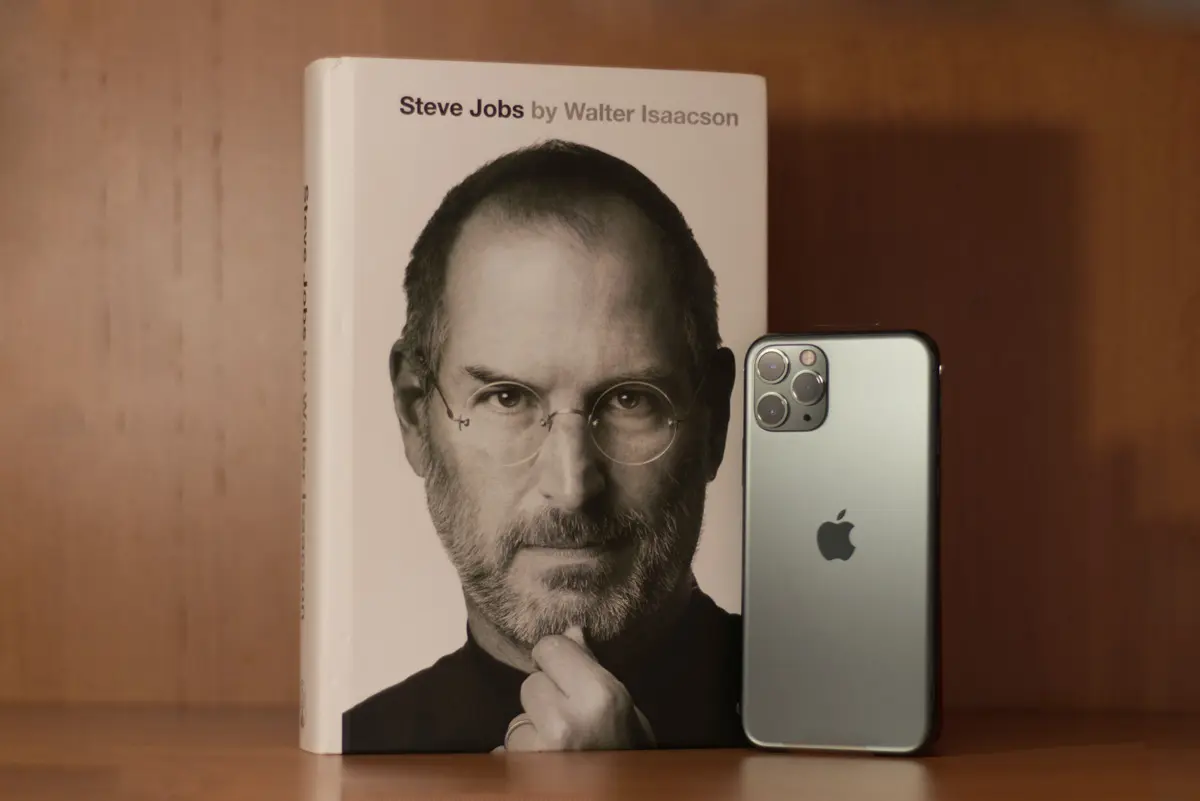
Let’s chat
Have you ever read any biographies, which one is your favorite, and what have you learned from it?
